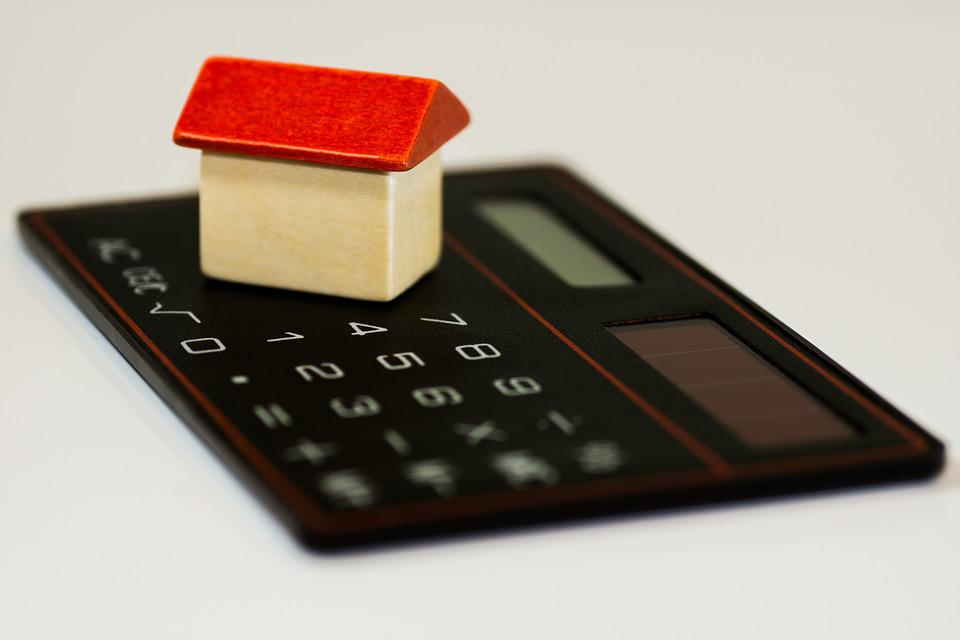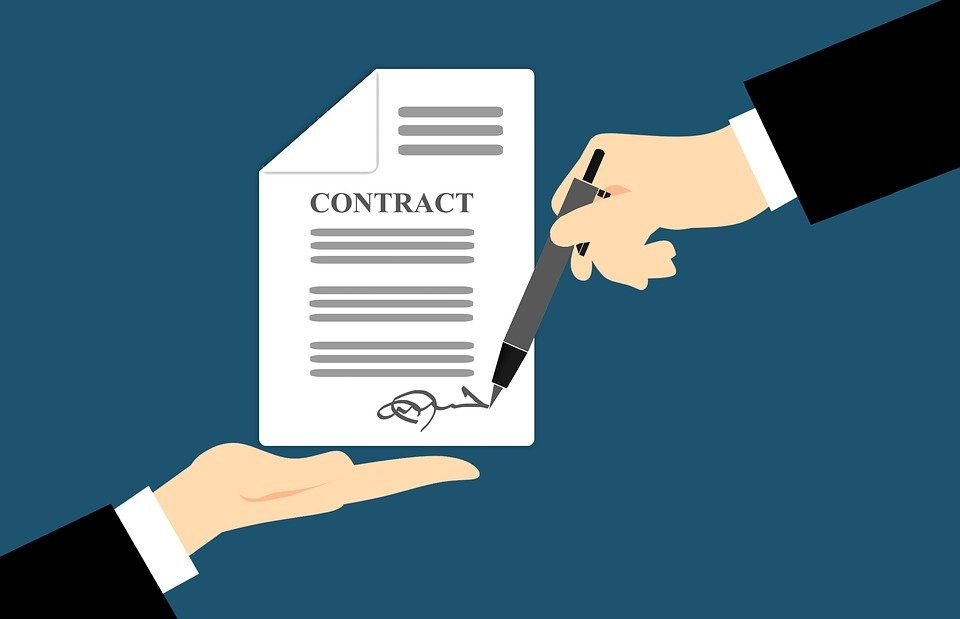Why sell your home without a realtor?
Hiring a real estate agent means you’re off the hook as the realtor will take care of everything that is involved in the real estate transaction. From getting a prospective buyer to negotiating and ensuring that all the legal documents are signed, realtors make buying and selling property a less of a hassle. They keep a tap on local property market trends and are abreast with all paperwork and thus promise a stress-free sale.

But when you’re in a real estate market, remember, nobody will provide legal advice for free. Realtors charge commissions on the sale of the property. They may charge 6%-8% of commission on the sale of property, regardless of the profit or loss you may incur.
A real estate agent or real estate attorney has a lot of clients to deal with, and hence they may not be able to devote enough time to your house. In that case, your property will keep lingering in the market for a longer period, and this may affect your mental peace, especially when you’re undergoing a financial crunch, and you’re in dire need of money. Also, getting hold of genuine, experienced professionals isn’t as easy as it seems. What if you found real estate professionals who don’t have real estate brokerage licenses?
If you don’t want to walk on choppy waters, you can consider selling a house without realtors. This not just saves you money but also helps in speeding up the property transaction process.
What are the legal documents required to sell a house?
If you’ve decided to sell the house on your own, i.e., without being dependent on any real estate agent, then you need to know a little more about the real estate transactions. You need to be well versed with all the legalities. You should be aware of the paperwork or documents you need to gather to sell your house and produce it before potential buyers.
Here are some essential legal documents that are essential for selling a house. Some of them may not be mandatory yet can be helpful in grave situations.
- Before you list your home for sale-
- Original sales contract-
The real estate transaction process is cyclic and hence brings you to the same point from where you started, but the only difference is that you make a transition from being a buyer to a seller.

An original sales contact is nothing but an agreement that you made with the previous seller when you bought the property. The sales contract specifies who the parties are, what transaction has taken place, what’s the amount at which the property was bought (previous purchase price), the seller’s and buyer’s obligation, the rights of buyers and sellers, and information about any contingencies to the deed transfer (for instance what will happen in case the buyer fails to pay the entire amount to the seller).
Before listing the original sale, contract sellers must provide prospective buyers with a copy of the original sale contract signed between the previous buyer (i.,e, you) and the seller (from whom you bought the property).
Homeowners Association (HOA) documents-
If you’re a part of a homeowners association, then selling a house can be a daunting task.

A buyer will likely want to see the following key documents related to HOA:
- Articles of incorporation
- Bylaws
- Rules and regulations
- Homeowners dues amount statement
- Copies of the minutes from the Association’s meetings
- The Declaration of Covenants, Conditions, and Restrictions
Homeowners’ insurance records-
A homeowners insurance document is a record of all your claims on the property that are covered under the insurance. This may include insurance claims for water damage, fire, theft, catastrophic disaster (hurricane, earthquake), etc.

Producing this record before a buyer will help them in calculating a rough estimate of insurance costs that they may incur if they move in.
Home repair and maintenance records-
A home repair and maintenance record mentions all the repairs and maintenance costs you incurred to keep the house in good condition. The buyers will likely request evidence of recent upgrades or repairs. Make sure you supplement these records with before and after pictures of the house, material receipts, and, most importantly, labor contracts.

Your home repair and maintenance records need to mention the following things:
- Dated record of a recent renovation, painting, house cleaning, and new installations (electricity boards, chimneys, basins, etc.) in the house.
- Utility maps for gas and electrical systems.
- Maintenance receipts like roof repairs, gutter cleaning, etc.
Receipts for capital improvements-
Capital improvement receipts include the receipts of all the upgrades that you’ve done to keep it spic and span. This includes the addition of a swimming pool, replacement of bathtubs, getting new wooden flooring for the bedroom, installing a new HVAC system, etc.
Manuals and warranties of appliances-
Appliances manuals and warranties help the buyers know the shape, size, and condition of the appliances. Since they’re going to be the new users or owners of these appliances, they need to know how to use the appliance and how much warranty is still due on the products. House appliances include refrigerators, chimneys, dishwashers, stoves, electrical fittings, etc.
Past utility bills-

It is not mandatory to produce past utility bills before the buyers, but it may help them know how much electricity, gas, ad water bills they will pay every month. This can help them in planning their monthly budget.
Documents needed to start your home sale-
Comparative market analysis-
Comparative market analysis is a process of closely analyzing the pricing of properties in a neighborhood-based on the size, condition, and ongoing sales data. Thus, it helps you find out the property’s real market value. The real estate agent calculates a suggested listing price for your property.
Comparative market analysis is very important before you put your house on sale. Here real estate agents can help you in a great way. Since they work in the real estate market, they know what the real value of a property is.
Listing and marketing agreement-
If you’ve hired a real estate agent for selling the property, then a listing and marketing contract gives the realtor the exclusive rights to sell your property. Such rights include-
- The right to show the property to a potential buyer or a title company.
- The right to use the listing content which includes pictures and videos of the house.
Proposed marketing plan for home sale-
You can ask your real estate agent to provide you with a foolproof strategy in the form of a document for marketing your property. The document specifies how the real estate agent will reach out to potential buyers through social media or other platforms.
Note that you should complete all the required disclosure forms before starting the marketing process so that the buyers have all the information at their disposal.
When your house is put on sale in the market-
Preliminary title report-
A preliminary home title report is a report issued by a title company after conducting a thorough title search. It is used to verify that the property 100% belongs to the property owner and nobody is claiming any part of the property. It determines the outstanding financial and legal obligations ( like taxes owed, local covenant restrictions, title insurance requirements, etc.) of the sellers on their property.
This is a very important document to build the confidence of the buyers.
Mandatory disclosures-
There are certain facts you need to disclose before the sale is finalized. You should disclose details like water damage, fencing dispute, defects in the property, and so on.
Mortgage loan document-
You need to disclose the mortgage (if you have any) to the buyer. This document shows a mortgage statement that highlights details like account, the amount owed, etc.
Pre-listing home inspection report-
Although many buyers obtain their own inspection, you as a seller should get a pre-listing home inspection done to save yourself from any argument with the buyer.
When a buyer makes an offer-
Purchase offer and counteroffers-
Suppose a buyer shows interest in purchasing your home, and both the party signs a purchase offer form that outlines the framework for the final purchase contract between both parties. Any back and forth negotiations on the purchase offer can be documented in writing with counteroffers.
Purchase and sale agreements-
A purchase offer becomes a purchase agreement when both the buyer and seller sign purchase offer forms.

The final sale agreement mentions the following information:
- The framework of terms of purchase
- Price offered by the buyer
- Earnest money amount
- Closing date
- Final contingencies
Contingency removal form-
A contingency removal form contingencies are a type of clause mentioned in purchase offer forms or final sale agreements meant to be fulfilled before the deal becomes binding on the buyer and seller. The most important contingencies include home inspection, home appraisal,
and buyer’s financing.
Between contract and final handing over of keys to the buyer-
Home inspection report-

The buyer arranges for a home inspection of the house he has bought from you to verify all the claims that you made. Thus, the home inspection reports are kept with the buyers only. In case they identify any defect in the property, they can report it to the seller.
Home appraisal report-
A home appraisal report is a document that outlines the value of a property based on the following criteria:
- Location
- Condition
- Quality
- Market condition
A real estate appraiser prepares this in-depth report. The real estate appraiser provides a neutral opinion of the home market value. This report may be used by the buyers to further renegotiate the price with the seller.
Closing the deal-
Property tax assessment-

As a seller, you need to provide property tax receipts so that the buyers can estimate the cost of property taxes. The buyer needs to be aware of the unpaid property taxes for
closing the deal.
Deed-
The sale deed is the final step in closing the home sale process. It is a document that transfers ownership from the seller to the buyer.
The paperwork is done!

If you’ve all the above-mentioned documents, then your paperwork is done. These are the document that is a must to ensure a smooth closing of the sale. Also, by keeping these documents ready, you are adhering to the national or local property laws.
Are you still confused?
After knowing about all the documents mentioned above, if you’re still confused and need clarity in your mind, then it’s always good to go through all the property laws of your district or county. The type of paperwork or legal documents required from sellers depends on several factors. For instance, local regulations, whether the house was a personal residence or a rental home.
We understand that selling a house is a big decision, so you should thoroughly understand your property document obligations.







